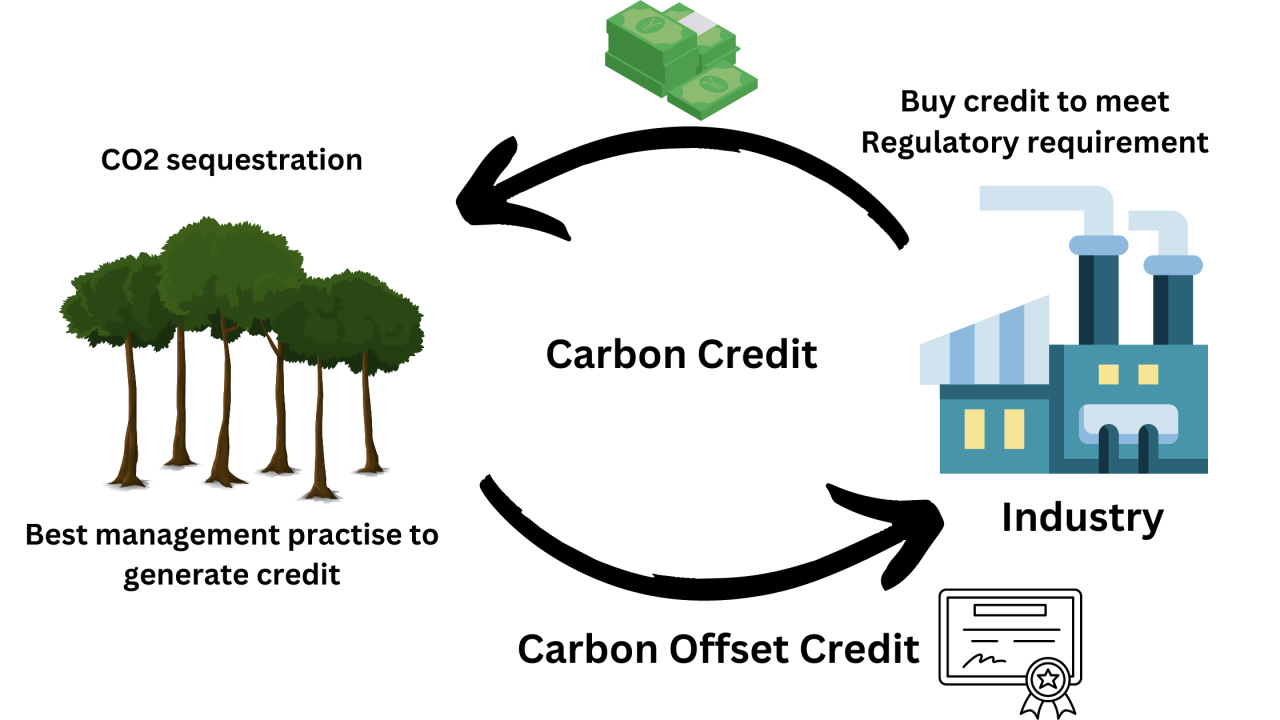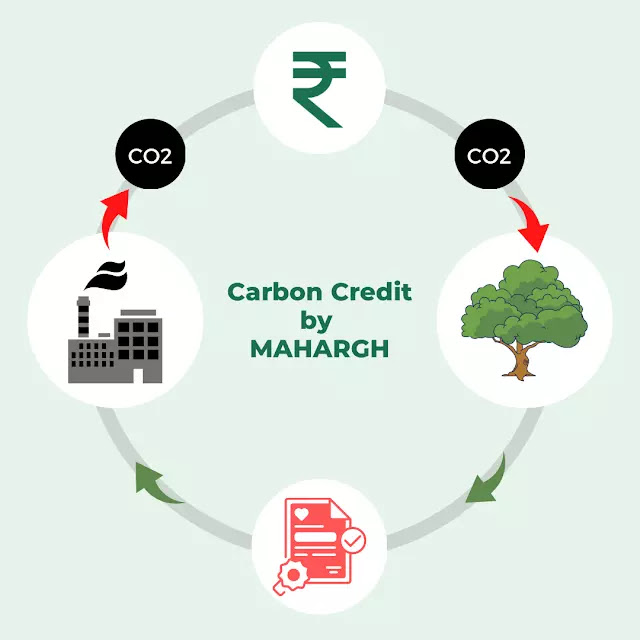Carbon credit trading is growing rapidly as businesses and governments race toward net-zero targets. However, the system faces challenges: double counting of credits, lack of transparency, and limited trust between buyers and sellers. Enter blockchain technology—a tool that can revolutionize carbon credit markets by ensuring traceability, accountability, and efficiency. For Vietnamese enterprises, blockchain can unlock greater participation in both domestic and international markets.
What Is Blockchain in Carbon Credit Trading?
Blockchain is a decentralized ledger system where every transaction is recorded securely and transparently. In carbon trading, blockchain can:
- Track the origin and ownership of each carbon credit.
- Prevent double counting by providing immutable records.
- Facilitate peer-to-peer transactions without intermediaries.
- Build trust across borders in international carbon markets.
Why Transparency Matters
Transparency is critical in carbon credit trading because:
- Market Integrity: Without reliable data, buyers risk purchasing invalid or duplicate credits.
- Investor Confidence: Transparent systems attract more global investors into sustainable projects.
- Regulatory Compliance: Governments and regulators require verifiable emissions data.
- Corporate Reputation: Enterprises with transparent reporting build stronger ESG credentials.

Benefits of Blockchain for Enterprises
Fraud Prevention
Immutable records reduce risks of manipulation or resale of the same credit.
Lower Transaction Costs
Smart contracts on blockchain automate processes, cutting down intermediaries and paperwork.
Real-Time Tracking
Businesses can trace carbon credits from generation to retirement in real time.
Easier Market Access
Even small enterprises can join the market through blockchain-powered platforms, lowering entry barriers.
Case Studies & Global Trends
- Singapore and China are piloting blockchain platforms for carbon trading.
- IBM and Energy Blockchain Lab collaborated on a blockchain-based carbon asset platform in China.
- Voluntary carbon credit registries like Verra and Gold Standard are exploring blockchain for credit verification.
These examples show how blockchain is reshaping the landscape of sustainable finance.
Opportunities for Vietnamese Businesses
Vietnamese enterprises can benefit by:
- Partnering with international blockchain-based carbon platforms.
- Using blockchain to certify low-carbon agricultural or forestry projects.
- Increasing trust with foreign buyers in markets like the EU and Japan, where carbon accountability is strict.
Challenges and Limitations
- High implementation costs for SMEs.
- Technical expertise in blockchain is still limited in Vietnam.
- Standardization issues: Global harmonization of blockchain platforms is still evolving.
Despite these hurdles, adopting blockchain early can help Vietnamese businesses gain a strategic edge.
FAQ
Why is blockchain important in carbon trading?
It ensures transparency, prevents fraud, and builds trust between buyers and sellers.
Can small businesses use blockchain in carbon trading?
Yes, blockchain platforms lower entry barriers, making it easier for SMEs to participate.
Does blockchain replace regulators?
No, it complements regulations by providing transparent, verifiable data.
Are blockchain-based carbon markets already in use?
Yes, several countries and organizations are piloting blockchain solutions.
How can Vietnam benefit from blockchain in carbon markets?
By adopting blockchain platforms, Vietnamese enterprises can access global markets and enhance credibility.

